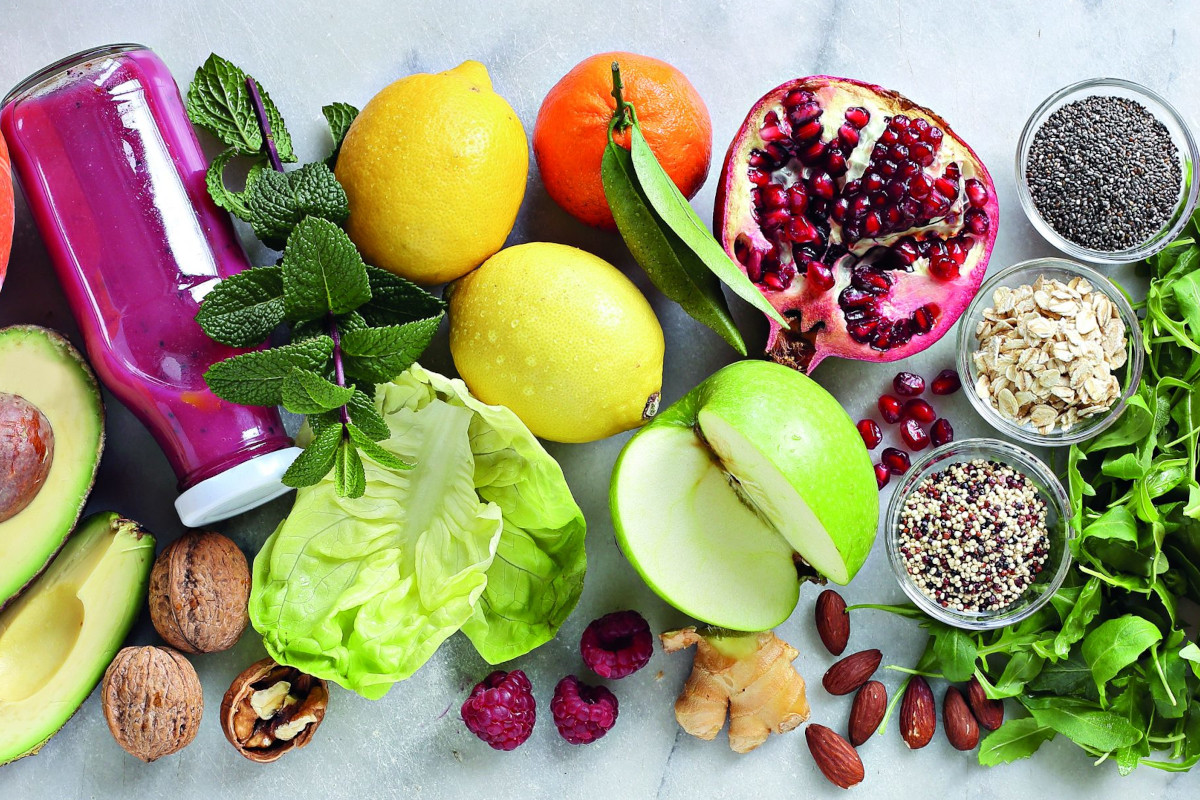
During the final SupplySide Food&Beverage Journal webinar of 2024, food industry leaders highlighted key insights into the plant-based movement, from the flexibility of hybrid models to the evolving nature of plant-based product development. They also illustrated how clean-label ingredients continue to drive consumer choice and food trends, despite economic challenges such as inflation.
FLEXIBILITY IN PLANT-BASED DIETS
One of the major takeaways from the discussion was the importance of “flexitarianism” or partial plant-based eating.
“Consumers who might not be ready to part with animal proteins can still sort of have their meat and eat it too by substituting 50% of the recipe, 75% of the recipe,” Cristie Mather, VP and management supervisor of food at Curious Plot, said. “They’re still having a little bit of meat in there but can add in produce to make it work for them.”
The panelists also discussed how the formulation of plant-based products is evolving over time. Kristofer Cook, CEO and founder of Carbiotix, shared his perspective on the natural cycle of product development, noting, “If you look at the evolution of plant-based foods — for example, nondairy milk — they have received some criticism because of the lack of certain nutritional components and the added sugars in these products. But that’s natural. I think you have a wave of growth and then you have a plateau, but to reach mass appeal, there’s always going to be a comparison with the natural analogs or alternatives.”
CLEAN-LABEL TRENDS
Another insight was the demand for cleaner, more recognizable ingredient lists. Emily Groden, founder of Evergreen, emphasized this shift: “Evergreen’s whole thesis — and it’s why we’re called Evergreen — is that fads and trends are going to come and go, but at its core, people are always going to come back to wanting to eat real food from the earth.”
She continued, “All of our flavoring is real fruits, veggies, nuts and spices… I think taking a step back and just getting back to whole plant foods can create a really tasty, really clean-label product that people are going to feel comfortable eating because they can read the ingredients list, and they understand everything on there and they don’t have to whip out Google to figure out what it is.”
TASTE REMAINS KING
Several panelists emphasized the importance of taste in driving consumer adoption of plant-based products. Marc Washington, CEO and founder of Supergut, observed, “There’s an age-old adage that people want to eat on a healthier, more plant-forward basis but are not willing to sacrifice taste relative to what they’re used to.” While taste is a well-known driver of purchasing decisions, he added that the industry must balance taste with nutrition and price.
THE ROLE OF ECONOMIC AND GEOPOLITICAL FACTORS
The discussion also turned to how global and economic factors affect the plant-based movement. Candy Schibli, founder of Southeastern Roastery, shared insights from the coffee industry, which has faced geopolitical challenges for decades.
“For example, getting raw coffee product out of [Ethiopia] and just into the U.S. for sales … is even a challenge at times,” she said. “If sellers and producers are having problems getting that out and getting that into containers to come into the country, and the cost of that is expensive, then that gets trickled down to the consumer at the grocery level.”
Schibli also pointed out that disruptions such as tariffs and proxy wars could affect access to emerging global flavors like ube and tamarind, which are seeing increased popularity in the U.S.
F&B FUTURE TRENDS
As the panel wrapped up, participants shared their key takeaways for the future. Mather predicted that consumer uncertainty and cost consciousness will continue to shape purchasing decisions in 2025. Meanwhile, Groden anticipated increased scrutiny of food additives as consumers grow more aware of their impact on health.
Despite the uncertainties, Washington offered a message of optimism, noting that “there’s a massive opportunity to make convenient, cheap, and ubiquitous foods a little bit better. If we can improve these foods — even a little — we have a real opportunity to impact the health of Americans for generations to come.”
